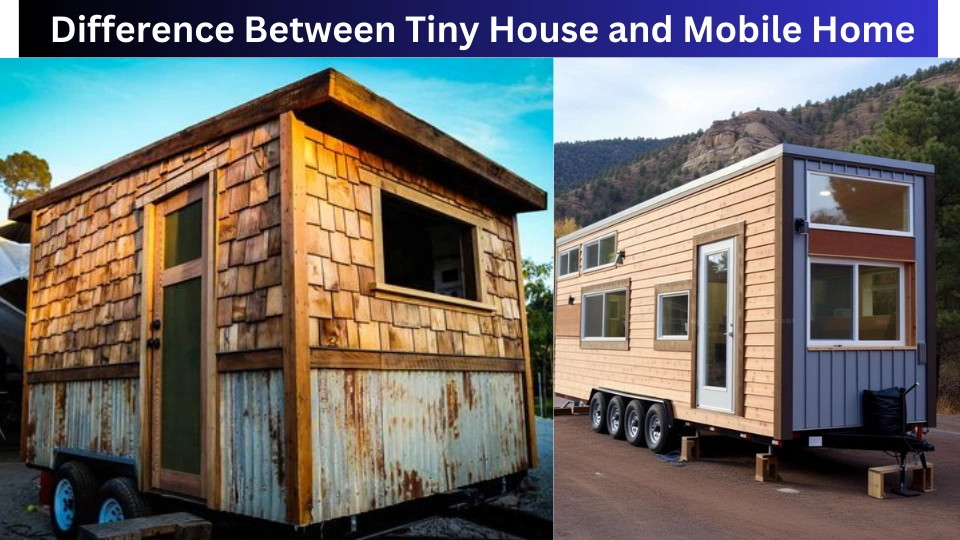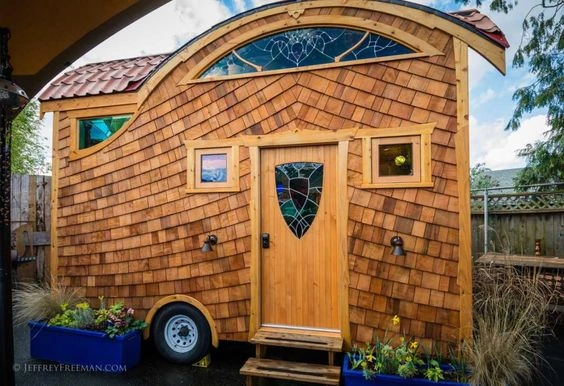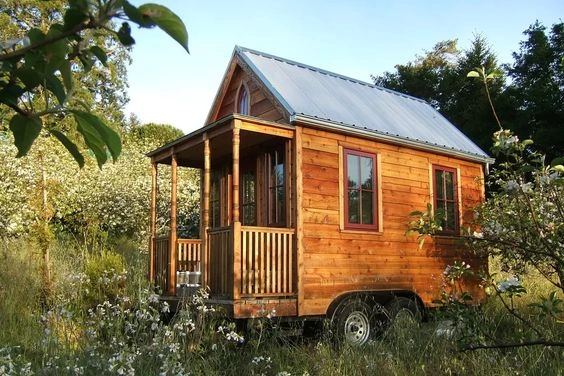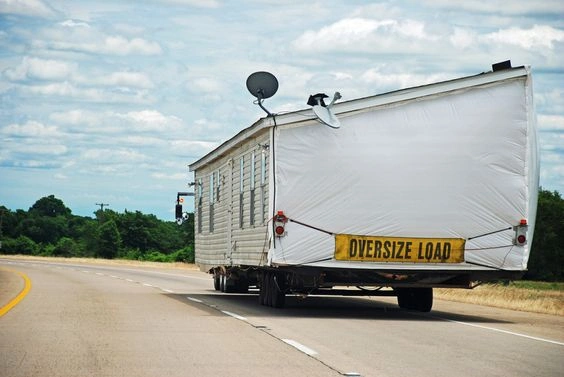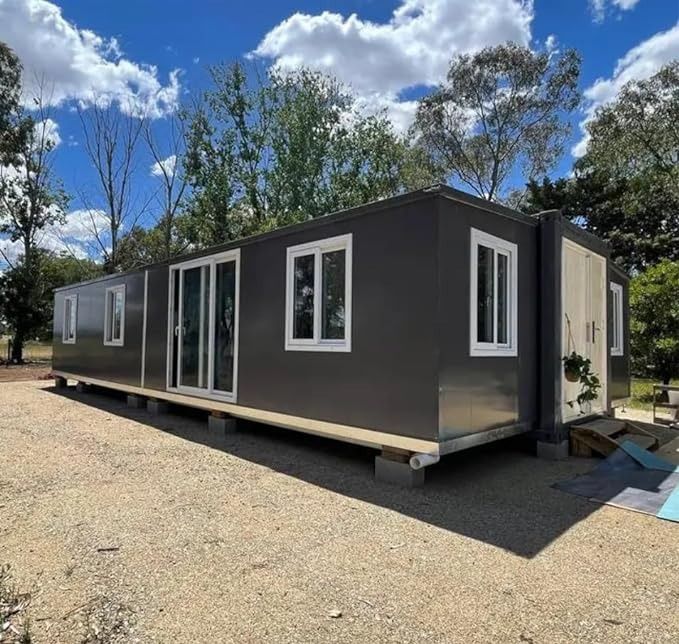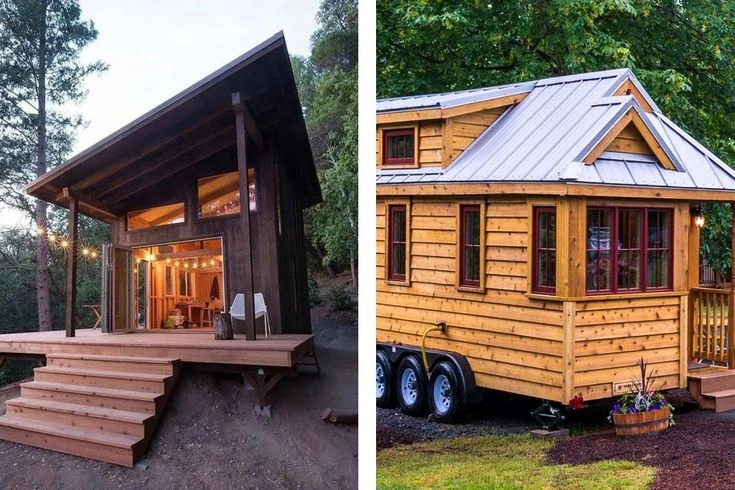The difference between tiny house and mobile home is something many people are curious about.
“The tiny house movement is gaining popularity, with more and more Americans considering living in spaces smaller than 600 square feet. Mobile homes, also known as manufactured homes, have been a housing option for decades and have seen a resurgence in recent years, with over 20 million Americans residing in them in 2019.”
Both options offer small-scale living, driven by various factors such as financial considerations, practicality, ethics, environmental concerns, and emotional appeal.
However, there are distinct contrasts between the two lifestyles. This article aims to provide an overview of tiny house versus mobile home living, helping readers decide which option suits them best.
What is a Tiny House?
Tiny houses typically vary in size from 100 to 400 square feet, constituting approximately 5% to 20% of the size of a standard home, which typically measures 2,261 square feet. Although there is no defined maximum size restriction, they are seldom larger than 500 square feet.
How Much Does a Tiny House Cost?
Typically, a tiny home has an average cost of $45,000, with costs varying between $30,000 and $60,000. However, they can be found for as little as $8,000 or as much as $150,000.
The average nationwide cost per square foot for a tiny home is $300, which is double the cost of a traditional home at $150 per square foot. Despite this, building a tiny house remains a more budget-friendly option.
What is a Mobile Home?
What is the Main Difference Between Tiny House and Mobile Home?
When it comes to downsizing, mobile homes and tiny homes are great choices. They can be customized to fit any style and are much cheaper than regular homes. Plus, you often don’t have to pay property taxes for them. But there are some major differences between them.
1: Size
The main difference is how big they are. Tiny homes are really small, usually between 100 and 400 square feet. They’re designed for a simple life. Mobile homes, on the other hand, are bigger, ranging from 600 to 1300 square feet, giving you more space to live in.
2: Rules
Mobile homes have to follow rules set by the government and the state because they’re larger. But tiny homes are small enough to not attract much attention from officials. This means you have more freedom to do what you want with a tiny home.
3: Management
Management for Tiny Houses on Wheels (THOWs) and manufactured homes can be different based on the materials used. Taking care of a manufactured home is similar to caring for a regular house, but THOWs need regular upkeep because they move. This includes looking after the tires, wheels, chassis, and brake lights.
4: Facilities
Manufactured homes and Tiny Houses on Wheels often have similar features to regular houses. However, one big difference is space. Manufactured homes can be bigger, allowing for more appliances, larger bathrooms, and bedrooms.
5: Standard
Before 1976, mobile homes didn’t have strict rules, which led to problems like high energy costs and leaks. But since then, the Housing and Urban Development Code has set higher standards for manufactured homes. In comparison, tiny homes are usually built better and look more like regular houses.
6: Design Options
Mobile homes can vary in width, but they often look similar because they’re made on assembly lines. On the other hand, tiny homes offer many design options, including different shapes and layouts. This lets you be more creative in designing both the inside and outside of the home.
7: Flexibility
Despite the implications of its name, mobility isn’t a prominent feature, even in compact mobile homes. Opting for a tiny house offers better mobility; you can easily tow it wherever you desire with the appropriate trailer hitch and vehicle.
8: Speed of Build
Manufactured homes are crafted in factory settings under regulated conditions, showcasing high efficiency in their production process. On the other hand, tiny houses might necessitate a lengthier construction timeline.
Professionals usually allocate a minimum of one month for tiny house construction, while DIY builders typically invest at least four months in their building endeavors.

